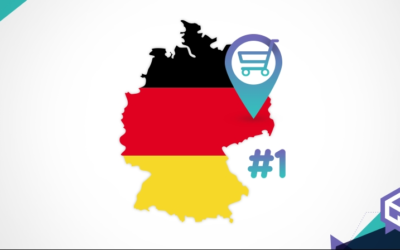What is GmbH?
As you know, various administrative and legal forms of legal entities exist. When buying real estate as a legal entity in Germany, the best choice for a foreign investor is to complete a GmbH (Gesellschaft mit beschrankter Haftung, GmbH) – an analog of an LLC (limited liability company Germany). This is a legal entity whose participants are liable for their debts only with their contributions but not with personal property. Profit obtained at the end of the year is distributed according to the size of the shares of GmbH participants.
An organization’s founders can be one or more someone and legal entities, including foreigners and stateless persons. Establishing a Limited Liability Company is carried out by starting to sign a memorandum of association by the participants (including when the founder is one person).
The contract must necessarily contain the following provisions:
- Company name.
- Official legal address with telephone number.
- Activities.
- Amount of authorized capital.
- Distribution of shares between founders.
- Duration of existence.
The German Chamber of Commerce and Industry must authorize the company name, and the designation “GmbH structure” is required.
The authorized capital of a GmbH structure must be at least 25,000 euros. It is a legal entity’s property, is formed from the contributions of the founders specified in the constituent agreement, and can only be spent on the business needs. Contributions must be made in cash or in the form of things transferred to society. It is better to contribute the authorized capital in cash since the transfer of things requires an examination of the value, which significantly slows down the establishment process. How much does it cost to start a business in Germany? If there are two or more founders, registering a company is enough to contribute half of the authorized capital – cost of 12,500 euros. The second half is paid during the first year of operation. The authorized capital, from the very first days after it is credited to the account, can be used for the company’s activities, i.e., in other words, it can be used to purchase income-producing real estate.
The Limited Liability Company must have requirements such as legal address and telephone number at the place of registration of the company.






















































